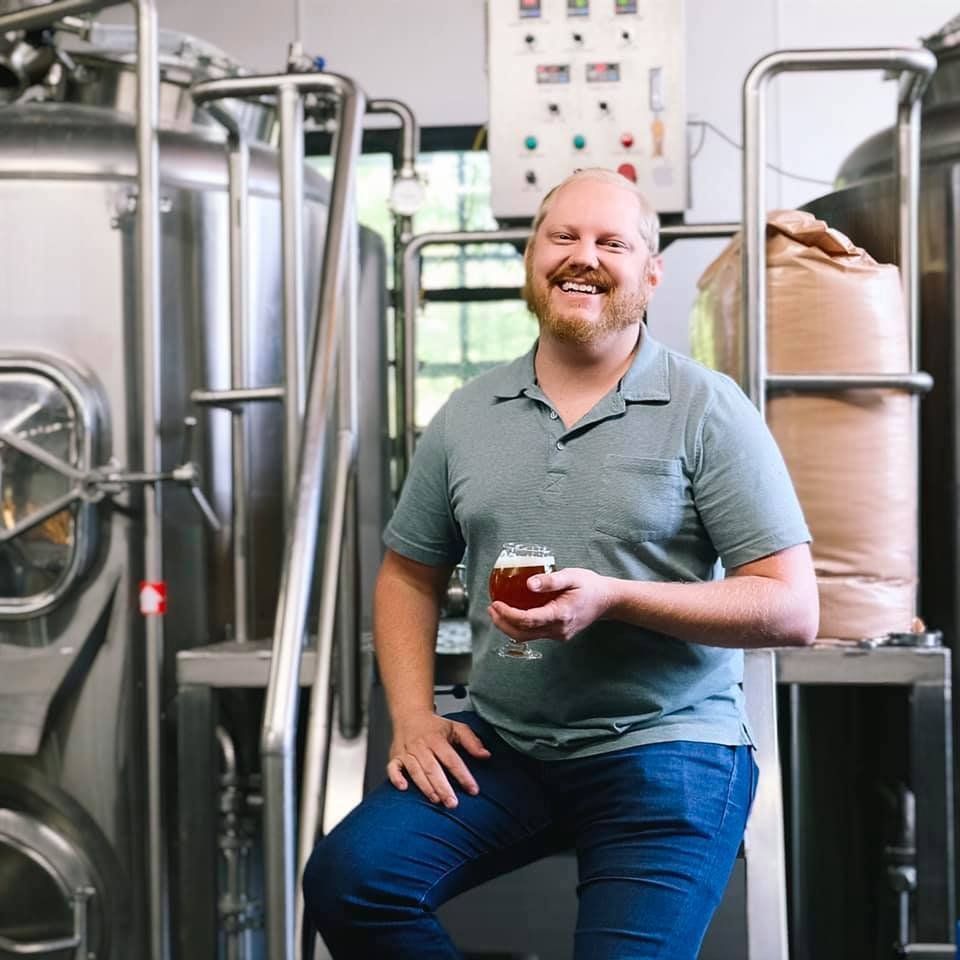All About Beer Judging
I was honored enough to judge the first annual Brewers’ Cup put on by the Texas Craft Brewers Guild down in Austin this late January. This is the first state-wide professional brewing competition and awards gold, silver, and bronze medals for 27 beer style categories ranging from American Light Lager to English-style Barleywine.
A weekend drinking beer might seem like a vacation to some, but my fellow judges and I took it very seriously. Imagine being handed 12 near-identical beers brewed by some of the best brewers in Texas and having to choose the three best. And it’s not even your three favorites, but three that best exemplify the style based on aroma, appearance, flavor, and mouthfeel. And if the category is large enough, do this several more times with other judges until you have the best three overall. Then you have one category finished.
Most beer styles are defined by either the Beer Judge Certification Program (BJCP) or the Brewers Association (BA) depending on the competition. Each set of guidelines explains how a beer should look, smell, taste, and feel and at what acceptable levels. Judges also need to know typical brewing and packaging “off-flavors” that may be present in the beer. This could be anything from a skunky lightstruck flavor from sitting in the sun too long to buttery diacetyl from not allowing the fermentation process to finish. Off-flavors are undesirable compounds sometimes found in beer and can severely hamper a beer’s chance of scoring high, much less medaling in its category. They can come from several ingredients, processes, or times and every judge needs to be able to pick them out every time.
There are two main beer certifications that are recognized in the United States: the aforementioned BJCP and the Cicerone Program. The BJCP focuses mostly on style identification and requires technical brewing know-how to pass their online test before completing a tasting exam that mimics the judging process. Judges move up in the ranks by earning points through judging competitions and scoring higher on the tasting exam. The Cicerone Program focuses more on beer presentation (especially in the lower levels), but does require a lot of style knowledge and some technical aspects of brewing. The first level of the Cicerone Program, “Certified Beer Server” (technically not a Cicerone), only requires an online test, where the following three levels (Certified, Advanced, and Master Cicerone) require in-person exams with tasting and demonstration portions in addition to a three-hour-long written exam that also includes essay questions. The last two levels even require oral exams. Within Dallas-Fort Worth, there are about 50 Certified Cicerones (myself included), but only five Advanced Cicerones in Texas (only Megan Mares of Revolver resides in DFW). Only 20 people worldwide have reached the title of Master Cicerone.
All the beers for the Brewers’ Cup were judged double-blind, so the other judges and I were not aware of whose beer we were drinking. A team of dedicated Brewers Guild volunteers poured beer and ran samples to the judges all day and were needed just as much as we were for a smooth operation. We are just as excited to see who wins which categories as anyone else. Make sure to keep an eye out for the winners’ announcement after the Brewers’ Cup Awards Ceremony on February 12th! The next time you’re enjoying a beer, slow down and see if you can pick out the individual flavors and aromas in your beer, and maybe one day, with a bit of training, you can be a beer judge too.
For more information on the Beer Judge Certification Program, visit www.bjcp.org.
For more information on the Cicerone Program, visit www.cicerone.org.
Author: Collin Zreet
Collin Zreet is a native Texan and is a founding member and co-owner of Funky Picnic Brewery and Café. He is a Certified Cicerone and Certified BJCP Beer Judge, specializing in beer and food pairings. When he is not thinking about beer, he enjoys spending time with his wife, Taylor, son, Alder, and dog, Rocco.


